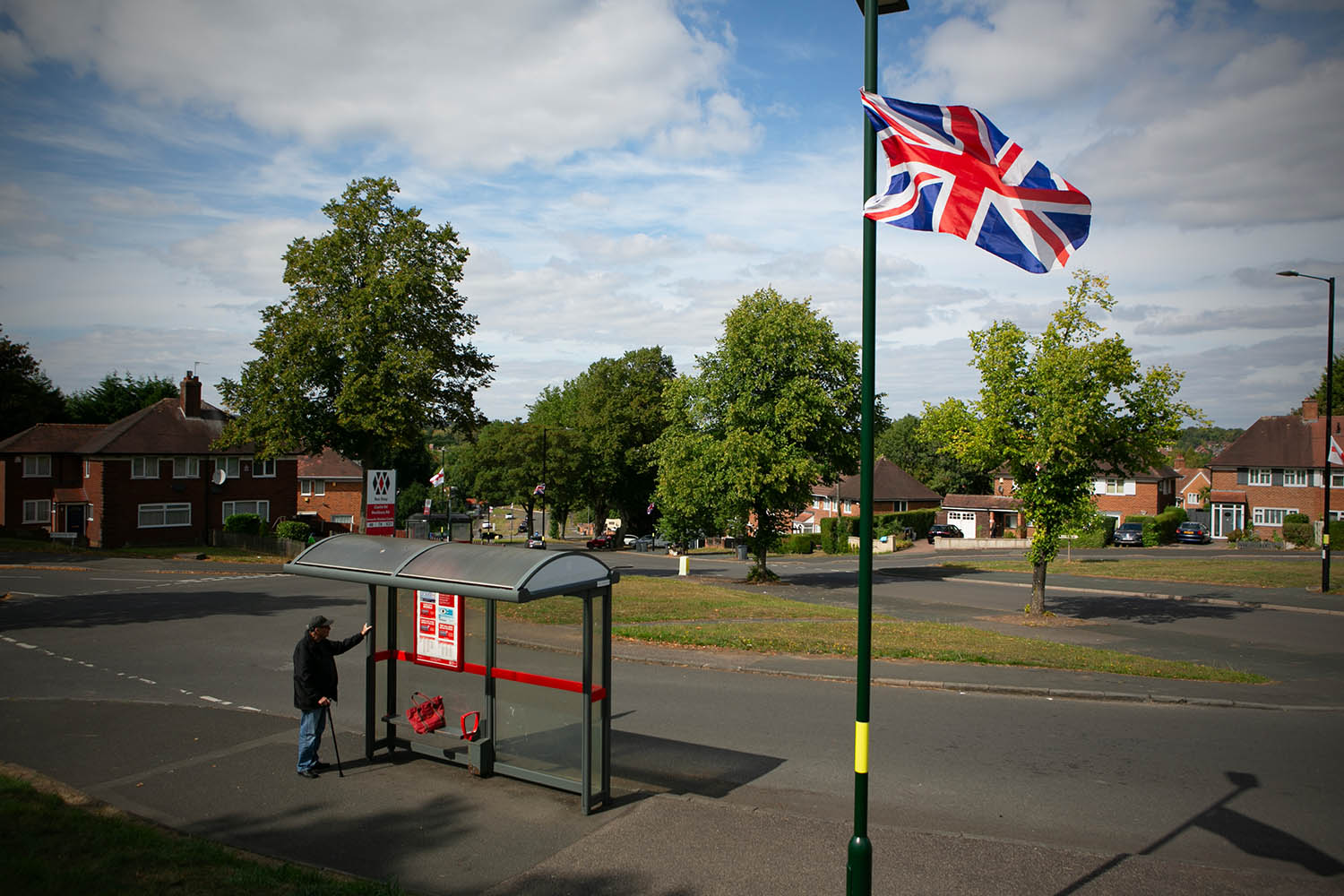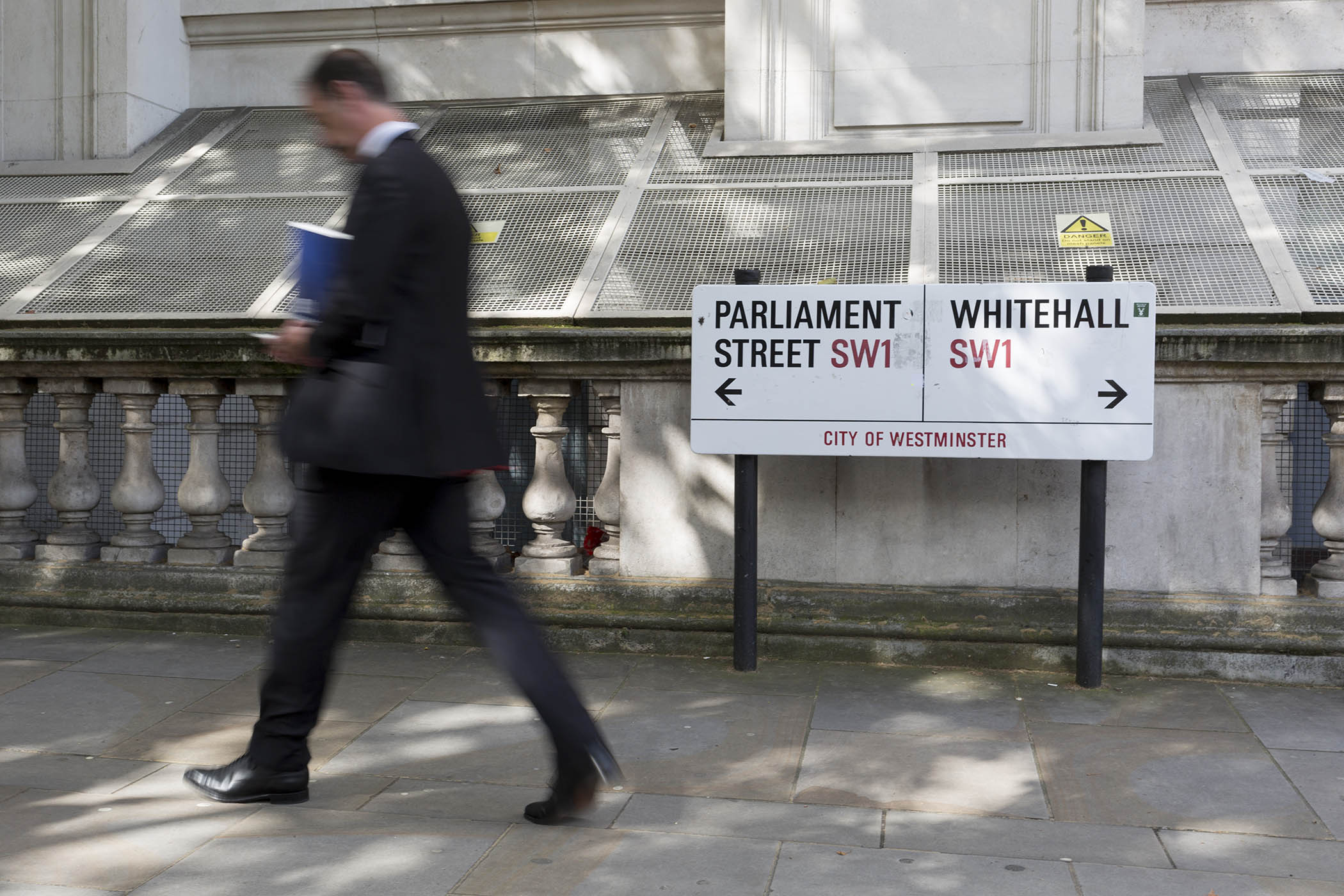As I wrote these words last autumn: “We have made progress... even though that progress remains fragile and insufficient”, little did I realise just how right I was.
Consider what’s going on. The often openly racist protests outside hotels housing migrants, with some supposed community organisations apparently heavily influenced by white nationalist groups. The increasingly frequent elision of the terms “non-UK born” and “non-British”. The implication in some accounts that “white British” is somehow superior to other forms of Britishness. The angry calls for mass deportations – not just of irregular migrants but of people settled here legally.
Robert Jenrick, widely seen as a future Conservative leader, has made something of a hobby of bemoaning the decline of “white British” in some towns. As notable is the apparent radicalisation of hitherto moderate Conservatives like Neil O’Brien, with his warnings of “utter oblivion”.
Nor is the government immune. Keir Starmer has echoed the language of Jenrick (himself reprising Enoch Powell), arguing that we risk becoming an “island of strangers” while attacking the “open borders” policies of his predecessors. The prime minister’s X feed now represents a bizarre mixture of liberal internationalism (on Ukraine) and rightwing talking points (on immigration).
All of a sudden, the Overton window – the range of issues it is politically acceptable to discuss – seems to be widening in an alarming manner. The deliberately incendiary juxtaposition of “Muslim” and “migrant” with “rapist” or “illegal” has become almost the norm in some parts of public debate.
Now, admittedly, there are two sides to this story. While people like Konstantin Kisin are happy to argue that brown, Hindu Rishi Sunak can’t be English, and while the now oh-so-predictable horde of X trolls were willing to abuse the former prime minister for celebrating Yorkshire Day, they are not representative of the country as a whole. Nine out of 10 people in England agree that those born in England who identify as English should be accepted as English.
It is not obvious what electoral benefit the government expects to gain from its current stance. And to be clear, this is nothing to do with the debate about immigration numbers
It is not obvious what electoral benefit the government expects to gain from its current stance. And to be clear, this is nothing to do with the debate about immigration numbers
So it’s important to keep things in perspective. Yet difficult too. I recently went to a family wedding in North Yorkshire. Some 300 guests, a large proportion of them Indian, descended on a town that was, according to 2021 census data, 97.1% white. And I felt things I’d not felt since my childhood. That hyper alertness if a group of us was walking round the town. That clocking of people looking at us, not least in the local inn, where many of us were staying. My nervousness about going out in Indian dress, my ears pricked for casual comments.
As it turned out, I had no need to worry. The people of Northallerton were wonderful hosts. But I didn’t enjoy the flashbacks. And while I was worrying over nothing, imagine how your average food delivery driver feels now that the government itself seems to be encouraging suspicion about their immigration status. Or those people living less privileged lives than me who find themselves the object of an overt racism that appears to be becoming acceptable again.
All of which is bad enough on its own terms. And worse in that it’s happening under a supposedly “progressive” Labour government that seems strangely reluctant to stand up for ethnic minorities.
But what is even stranger is that the politics of it all make no sense. I can think of a number of people who will be delighted by the increased salience of immigration. None of them, however, should be Labour strategists. You don’t fight Reform UK by making its strongest issue the national priority. Nor, as countless political-science research projects have illustrated, do you effectively combat the radical right by accommodating them.
Newsletters
Choose the newsletters you want to receive
View more
For information about how The Observer protects your data, read our Privacy Policy
And it’s not as if Labour faces a challenge only from the right. Ipsos found in June this year that the party was losing more 2024 voters to the Greens and Lib Dems (5% and 8% respectively) than to Reform (12% of its 2024 vote). Meanwhile, a poll for the New Statesman published last Thursday found that one in three people who voted Labour in 2024 would consider voting for the new, as yet nameless, party set up by Jeremy Corbyn and Zarah Sultana. As Professor Rob Ford reminded us before last year’s election, this was in fact the first government elected on the back of a pro-immigration electoral coalition.
It is not obvious, therefore, what electoral benefit the government expects to gain from its current stance. And to be clear, this is nothing to do with the debate about immigration numbers. It would be perfectly consistent to aim to reduce those numbers while speaking out against the pernicious racism that seems to be affecting public debate once more. Indeed, given that integration is a crucial element of any successful immigration policy, pushing back – as Tony Blair once did – against those who seek to sow division would make practical sense.
I was feeling pretty relaxed about racism when I wrote that original piece. Too relaxed, as it turns out. The status quo now feels far more fragile than it did then.
Anand Menon is director of The UK in a Changing Europe
Photograph by Richard Saker/The Observer


